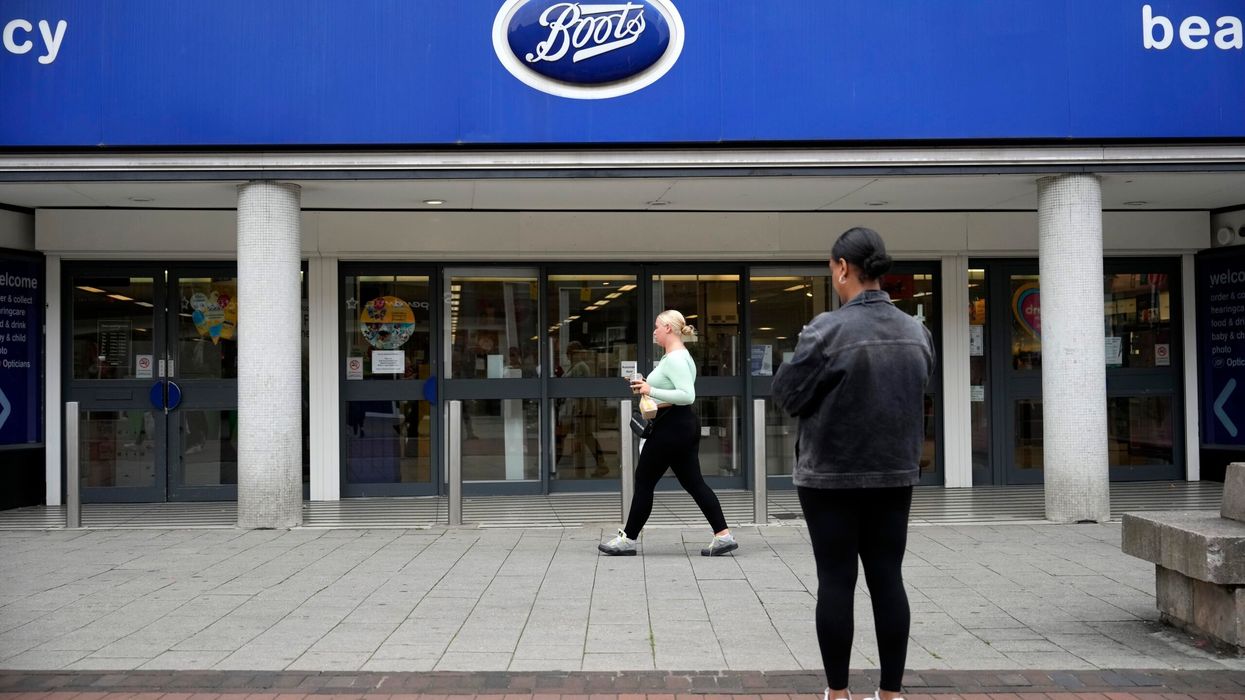BRITAIN’S biggest retailers have written to chancellor Rachel Reeves to warn her that last month’s budget will make both higher prices and job losses a certainty and dent investment.
The letter, coordinated by the British Retail Consortium trade body and signed by over 80 retail bosses, including those at Tesco, Marks & Spencer, Sainsbury’s, Next, Asda, Kingfisher, Amazon UK, Greggs and Boots, called for a meeting with Reeves to discuss their concerns and work on a solution.
The new government’s budget statement raised employers’ national insurance contributions by 1.2 percentage points to 15 per cent from April, and lowered the threshold for payments to £5,000 from £9,100 per year.
It also raised the minimum wage for most adults by 6.7 per cent from April.
The letter said the UK retail industry, which has three million direct jobs and 2.7 million more in its supply chain, was facing a rise of £7 billion in annual costs from 2025 when higher business rates and the impact of new packaging levies are also taken into account.
“It will not be possible to absorb such significant cost increases over such a short time scale. The effect will be to increase inflation, slow pay growth, cause shop closures, and reduce jobs, especially at the entry level,” it said.
The retailers want the government to phase the introduction of the new lower earnings threshold for national insurance, delay the introduction of packaging levies, and revisit and bring forward proposed changes to business rates.
A spokesperson for prime minister Sir Keir Starmer said the budget measures were needed to fill a £22bn “black hole” inherited from the Conservatives. “The government had to make difficult choices to restore economic stability, which will allow businesses to thrive and grow long-term,” the spokesperson said.












